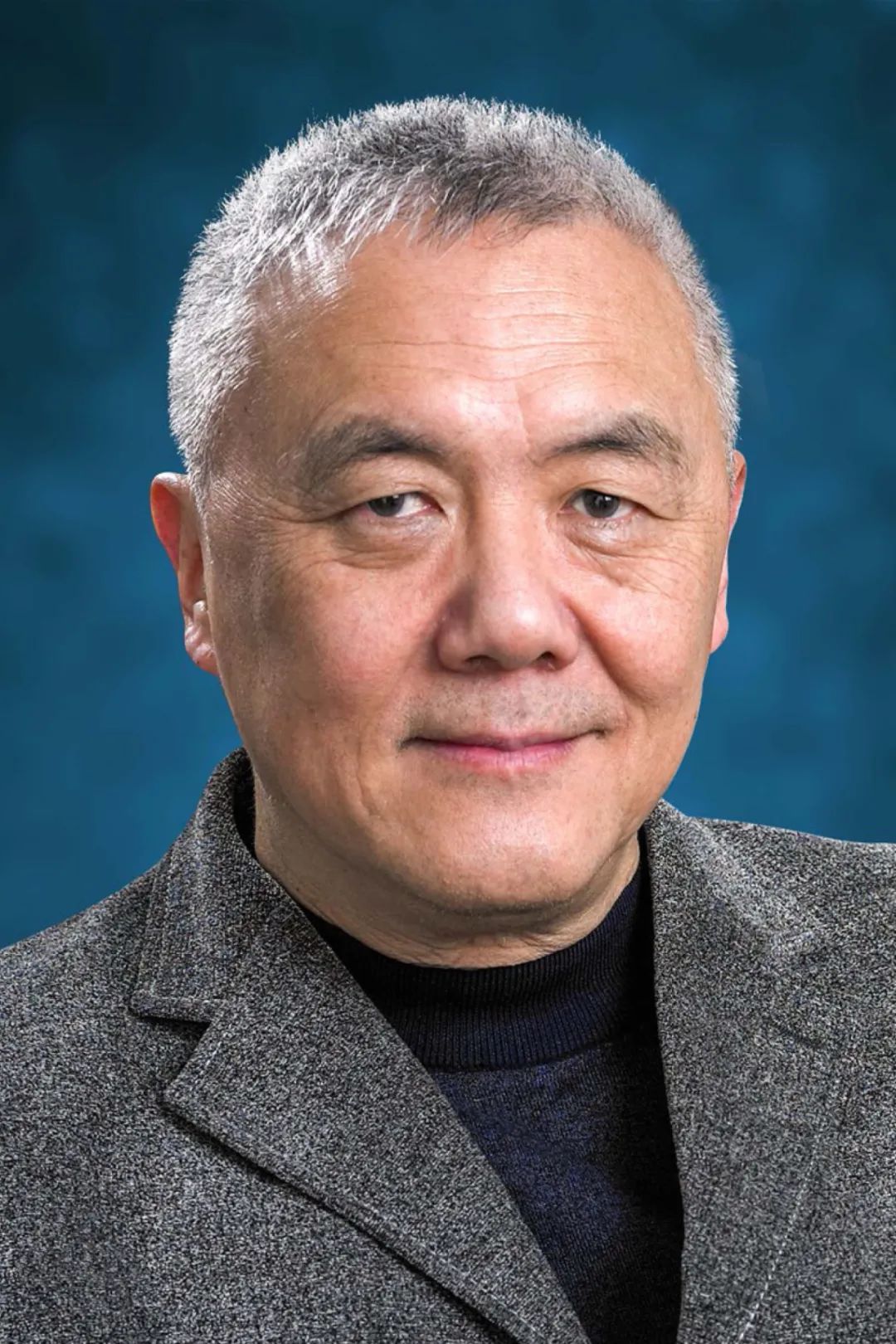

Zhao Guoping, Ph.D., Institute of Plant Physiology and Ecology, Shanghai Institutes for Biological Sciences
On February 15, 2022, the American Academy of Microbiology (AAM) officially announced the list of Fellows elected to the American Academy of Microbiology for the year 2022, and Dr. Zhao Guoping of the Chinese Academy of Sciences was among those elected.
As one of the subordinate organizations of the American Society of Microbiology (ASM), a globally renowned life science organization, the American Academy of Microbiology holds a prominent position in the field of international microbiology. Each year, it elects Fellows from around the world to recognize their outstanding contributions to microbiological research or technical services and public welfare establishments in microbiology.
Over the past fifty-plus years, more than 3,000 scientists from around the world have been elected as Fellows of the American Academy of Microbiology, including Nobel laureates, Lasker Award recipients, and winners of the U.S. National Medal of Science. In the 2022 election, 65 scientists from countries and regions such as Australia, Canada, China, Germany, Israel, Japan, Portugal, Switzerland, the United Kingdom, and the United States were elected as Fellows, including four microbiology experts from mainland China: Zhao Guoping, Shu Yuelong, Huang Li and Lu Hongzhou.
Zhao Guoping is a molecular microbiologist, a member of the Chinese Academy of Sciences, and a Fellow of the Academy of Sciencs for the Developing World. He holds the positions of researcher, professor, and doctoral supervisor at the Institute of Plant Physiology and Ecology, Shanghai Institutes for Biological Sciences, Chinese Academy of Sciences. He currently serves as the chief scientist of Biomedical Big Data Center in Shanghai Institute of Nutrition and Health, CAS, the Director of the Expert Committee of the Key Laboratory for Synthetic Biology, Centre of Excellence in Plant and Microbial Science, CAS, the Director of the Department of Microbiology and Microbial Engineering at the School of Life Sciences, Fudan University, Honorary Director and Advisor of the Synthetic Biology Branch of the Chinese Society of Biotechnology, and the Honorary Chairman of Shanghai Society of Biotechnology. He also holds the position of Director of the Steering Committee for the journal "Synthetic Biology" and is the Editor-in-Chief of "Life Science.”
His primary research areas include microbial genomics and bioinformatics, microbial physiology and pathogenesis, molecular regulation mechanisms of metabolism, microbial systems, and synthetic biology. Since 1998, he led the establishment of genomics research platforms and systems, and participated in human disease genomics research, cloning several genes responsible for genetic diseases. He initiated research in areas such as biochips, bioinformatics, and proteomics. He also played a role in establishing the technical platform for the Human HapMap Project. He initiated microbial genome sequencing in China, and led important research on the genomics, functional genomics, comparative genomics, and evolutionary genomics of various microorganisms.
In 1998, Zhao Guoping led the major research project of the Chinese Academy of Sciences on the human genome. From 2001 to 2003, he completed the cloning of the pathogenic genes of opalescent dentin and the sequencing of the entire genome of leptospira interrogans. From 2003 to 2005, he revealed the evolutionary mechanism of the "SARS" coronavirus. In 2010, he uncovered that the metabolic enzyme "acetylation ensemble" is a universal global regulatory mechanism in organisms. In 2018, he developed a group of cell factories and constructed the first “monochromosome yeast for brewing".
He has actively expanded research in the field of synthetic biology and made pioneering contributions in microbial metabolic regulation, including research on post-translational acetylation modifications of metabolic enzymes. He once established and led the Key Laboratory for Synthetic Biology, CAS, and achieved significant breakthroughs in artificial chromosome reconstruction, metabolome and metabolic flux platform construction, natural compound cell factory manufacturing, and gene editing technology development. In 2016, he participated in the establishment and leadership of the Biomedical Big Data Center of the Shanghai Institutes for Biological Sciences (now the Shanghai Institute of Nutrition and Health of the CAS), conducting pre-research work for the construction of a national biomedical big data infrastructure.